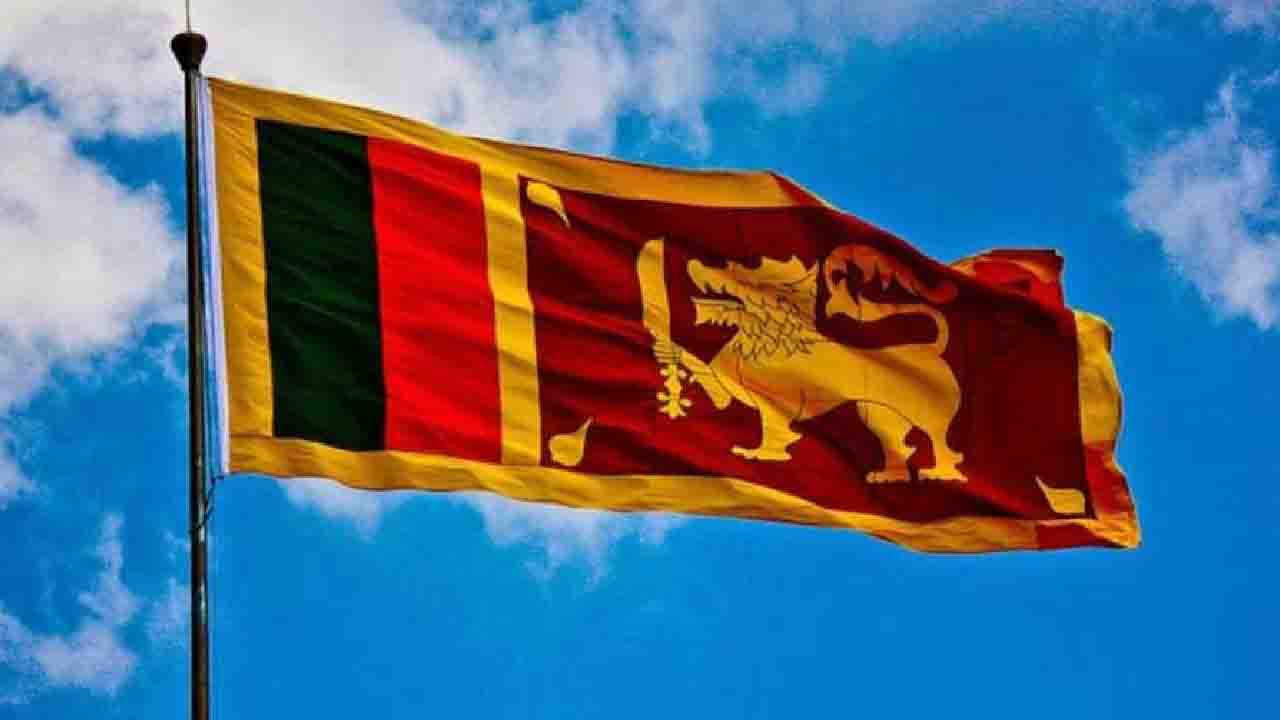Sri Lanka (Commonwealth Union)_ In a major attempt to enhance governance and combat corruption, Sri Lanka’s parliament granted approval to a pivotal anti-corruption bill. This legislative stride forms an integral part of the country’s dedication to fulfilling the stipulations set forth by the International Monetary Fund (IMF) in the context of a substantial $2.9 billion bailout. The bill’s passage occurred without resorting to a vote, following the integration of over two dozen pages of amendments during the morning session.
Sri Lanka had been grappling with its most severe financial crisis in more than seventy years, catalyzed by an extreme scarcity of foreign exchange, which consequently led to defaults on foreign debts, high inflation, and a depreciation of the national currency. However, the nation’s prospects took an auspicious turn after securing the $2.9 billion program with the IMF, which necessitated the enactment of fresh anti-corruption legislation to fortify governance and harmonize with international standards.

Sri Lanka’s acute financial crisis left the country’s economy plummeting into a dire financial crisis, emanating from a severe dearth of foreign exchange in the preceding year, thereby resulting in the country defaulting on its foreign debt commitments. This economic turbulence had far-reaching repercussions, marked by an escalation of inflation and a rapid depreciation of the national currency. In order to mitigate the crisis, the country sought a lifeline from the IMF, prompting the implementation of robust anti-corruption measures to strengthen its governance.
The Sri Lankan parliament granted its approval to the momentous anti-corruption bill without the need for a formal vote, indicative of the broad-based support for measures aimed at combating corruption and fostering transparency. The legislation underwent extensive deliberations, which culminated in the integration of substantial amendments intended to amplify its efficacy. Regarding IMF bailout requirements, Sri Lanka’s accord with the IMF, entailing a significant sum of $2.9 billion, constituted a pivotal stride towards stabilizing the country’s financial predicament.
As a precondition for the bailout, the comprehensive implementation of anti-corruption legislation was mandated to bring the nation in alignment with international norms, notably the United Nations Convention Against Corruption. This landmark development marks the first instance of an IMF program being linked to an anti-corruption initiative in Asia. The passage of the anti-corruption bill constitutes a critical step in Sri Lanka’s endeavors to fortify governance and confront corruption. By adhering to the IMF’s prerequisites and evincing a commitment to transparency and accountability, the nation seeks to restore investor confidence and attract much-needed foreign investments to invigorate its economy.








